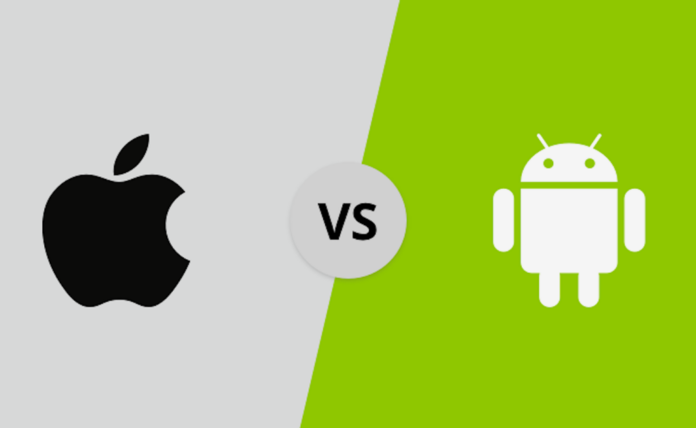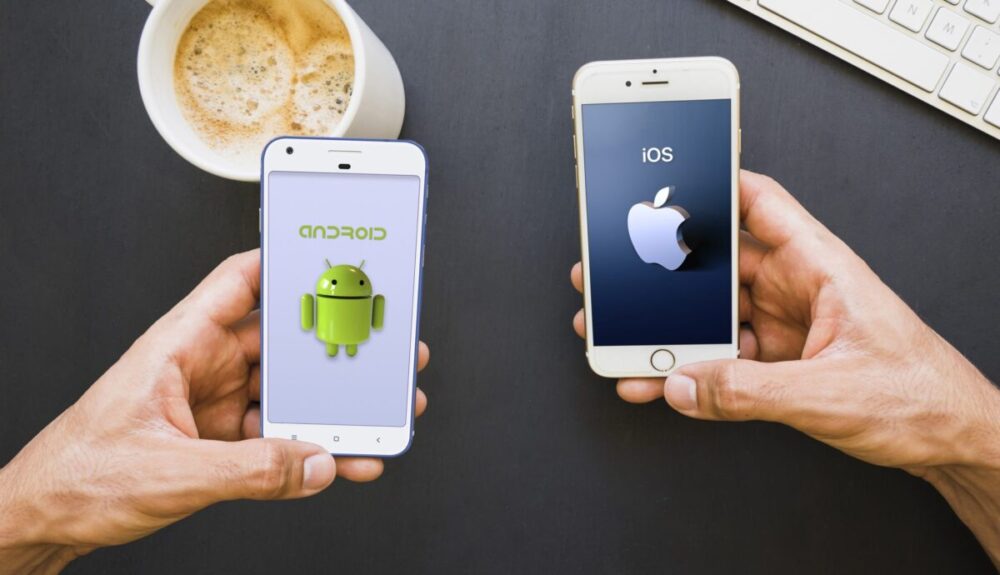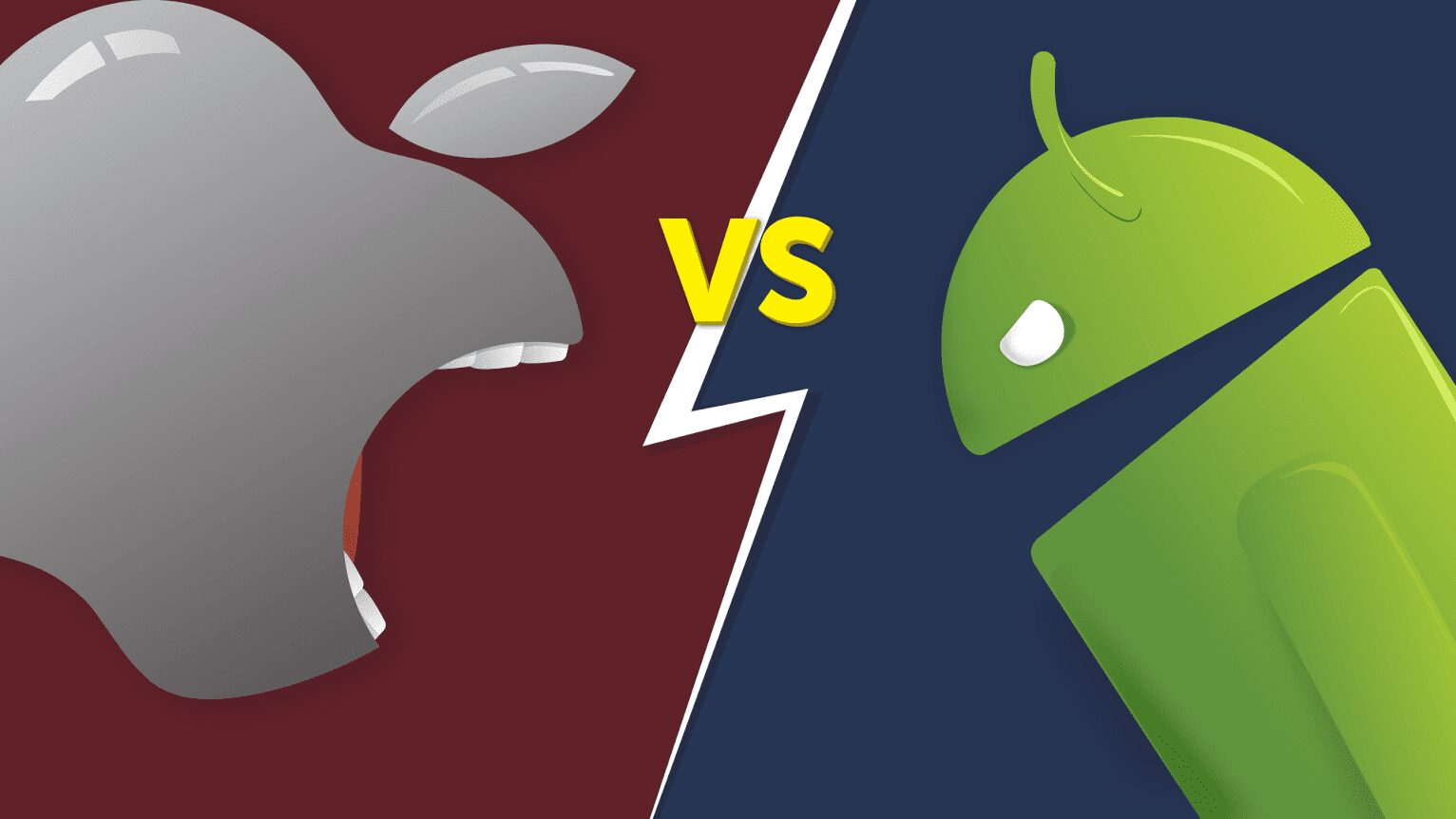
Choosing the right operating system for your app can be a daunting task. With so many options available, it can be difficult to determine which one will best suit your needs. That’s why we’ve created this guide to help you decide between two of the most popular mobile operating systems—Android and iOS. Let’s dive in!
Functionality and Design
When deciding between Android and iOS, the first thing to consider is functionality and design. Android is an open-source platform that allows greater flexibility when it comes to customization and innovation. Apps built on the Android platform have access to more technical features such as Bluetooth, NFC, Wi-Fi Direct, and more. This makes it easier for developers to create apps with more complex functionality.
On the other hand, iOS apps are designed with simplicity in mind. Apple has stringent guidelines when it comes to user experience, so all apps must meet certain criteria before they are approved for release on the App Store. This means that all iOS apps are designed with user-friendly interfaces that are easy to navigate and understand at a glance.
Security and Privacy

When it comes to security and privacy, Android and iOS both offer robust protections for users. Android apps are typically secured through the use of encryption technology that helps keep data secure. Additionally, Google has built-in malware protection into the operating system, which scans all installed applications regularly to ensure they are safe.
iOS apps boast a high level of security as well, with Apple’s App Store thoroughly screening all submitted apps. All app requests must be approved by Apple before they can be released, which helps to ensure that malicious and dangerous apps are not available in the store.
Market Reach
Android and iOS both have large user bases, but Android tends to have a larger market reach. This is due to the fact that Android powers many of the most popular smartphones available on the market today. It’s also available in more countries than iOS and runs on a variety of different devices. This means that apps built for Android can potentially reach more users than iOS apps can.
On the other hand, iOS users tend to spend more money on apps than Android users do. This makes it a great choice for businesses that are looking to create an app with built-in monetization options. Additionally, Apple’s App Store is known for having higher quality apps and better visibility for developers.
Cost of Development

The cost of developing an app varies depending on a number of factors, including complexity of features, design quality, and platform choice. In general, building an app for Android tends to be a bit more expensive than developing for iOS due to the increased complexity of coding involved in creating an Android app from scratch. Additionally, if you choose Android as your platform, you will need to factor in the cost of testing on multiple devices since there are so many different types of phones running various versions of the Android operating system.
App Store Visibility
Another important factor when deciding which platform is right for you is app store visibility—or how easily users can find your app among millions of others on their preferred app store (Apple App Store or Google Play). On average, iPhone users tend to spend more money on apps than their Android counterparts do; however, there are far fewer iPhones in circulation than there are Androids worldwide so your potential reach may be limited by choosing one over the other (depending on your target audience). The key here is research—do enough research into who your target audience is and what type of device they use most often before making a decision about which platform(s) you should build your app for!

Conclusion
When it comes down to making a decision about which mobile operating system is right for your app development project—Android or iOS—there’s no clear cut answer; it all depends on who your target audience is and what kind of budget you have available for development costs. Do enough research into both platforms before making a decision so that you can ensure you’re making an informed choice that will benefit both yourself and potential users! Good luck!








